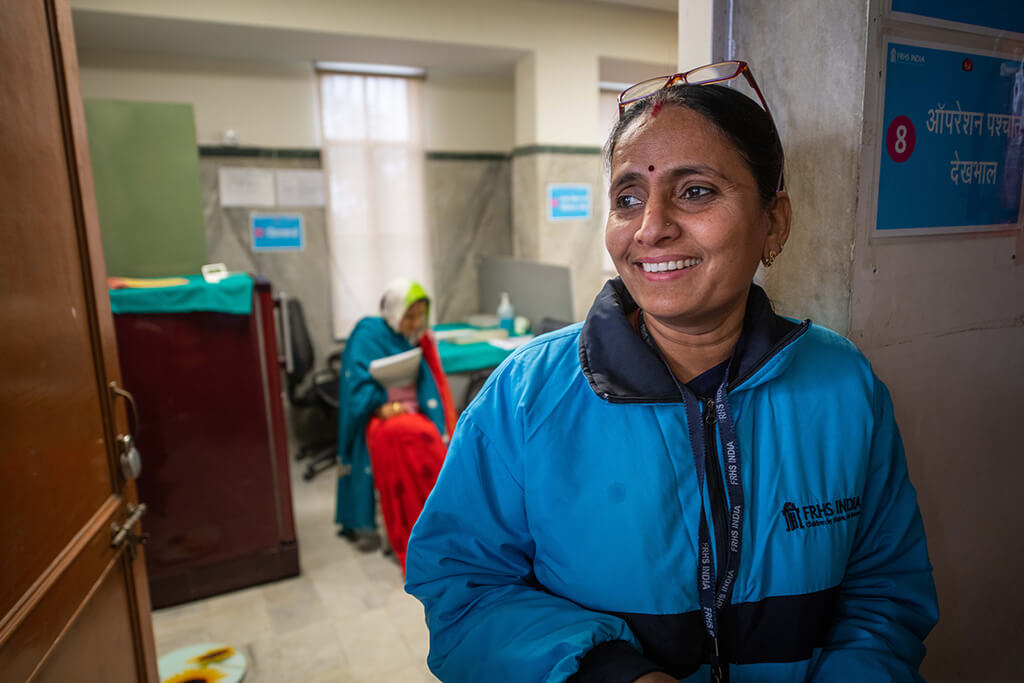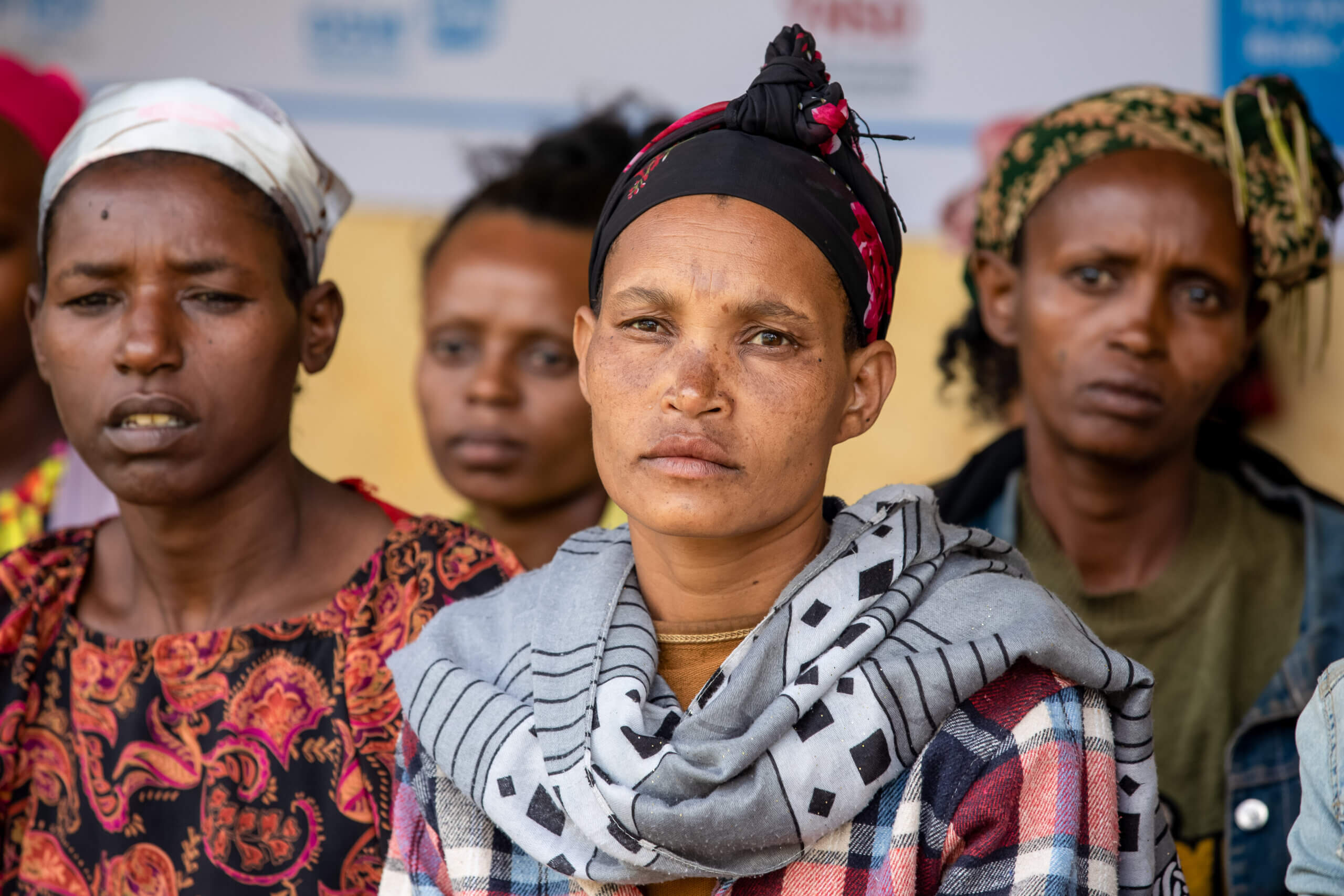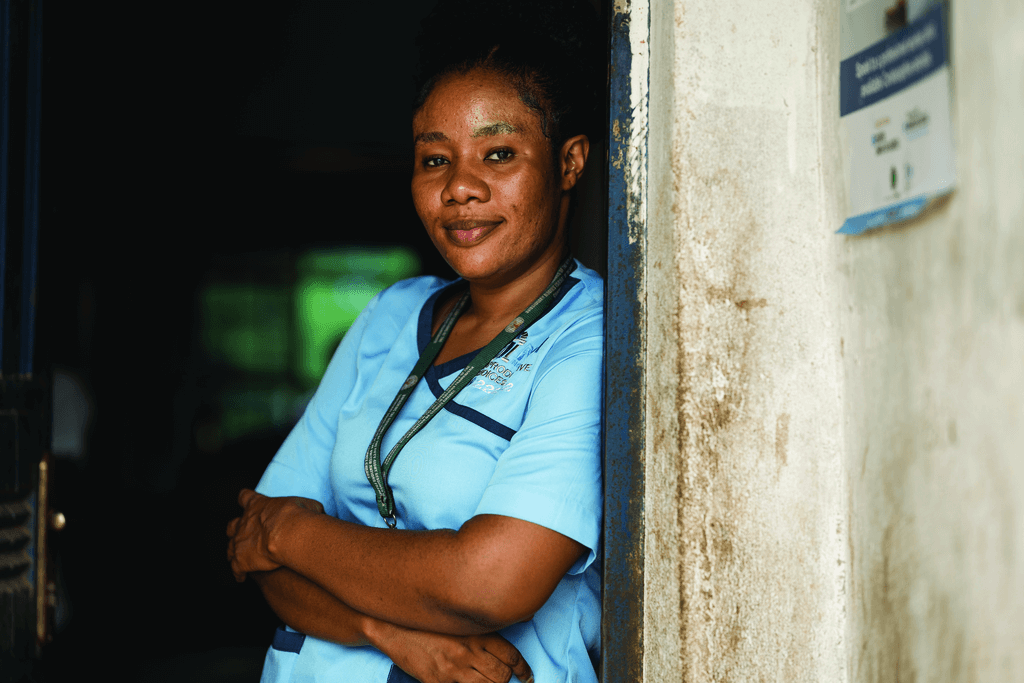Choice in her hands: harnessing self-management to eliminate unsafe abortion
by Dr. Helen Blackholly, MSI’s VP & Director of Technical Services, and Martha Nicholson, MSI’s Evidence & Insights Advisor
Every year, an estimated 73 million pregnancies will end in abortion, and around half of these will be unsafe. This International Safe Abortion Day, MSI recommits to scaling up access to high-quality safe abortion and post-abortion care, so that everyone has autonomy over their bodies, their choices and their futures.
The theme of this International Safe Abortion Day is the importance of supporting self-managed abortions. While abortion care is still provided in hospitals or clinics, it is increasingly common to self-manage medication abortion (MA) outside of facility settings, for example, via a pharmacy or an accompaniment model. The evidence to support self-management is growing: recent studies show that self-managed MA accessed via pharmacies or community-based distribution models can provide safe and effective pathways to care. However, we know that not all women receive adequate advice and support when accessing medical abortion via a pharmacy. At MSI we are committed to changing this.

Research from MSI and partners has found that in many low- and middle-income settings, a pharmacy is the first port-of-call for women seeking an abortion. Over the past three decades, increasing numbers of women have accessed an abortion in this way and the availability of misoprostol (a medication used for a MA) from pharmacies has made a significant impact in reducing deaths from unsafe abortion, with the availability of the mifepristone and misoprostol combination (combi-pack) improving safety further. Access via pharmacies has been increasingly important, as movement restrictions and risk of infection can prevent access to facility-based abortion care.
Despite the growth in the availability of MA drugs via pharmacies, challenges remain. For example, where pharmacy workers sell poor-quality and ineffective products, provide little or inaccurate information on how to self-administer drugs or on potential side-effects and complications, and fail to provide referral options if after-care is needed. In response to this, MSI today proudly launches an evidence summary, bringing together insights and recommendations for practice on supporting safe self-management via pharmacies. In collaboration with partners, we recommend three key elements: 1) ensuring users have direct access to information rather than relying solely on pharmacists, 2) ensuring products have quality product labelling which has been properly user-tested, and 3) linking users to personalized counselling and support through hotlines, contact centers and digital platforms.
To ensure clients have direct access to information, we offer simple, pictorial instructions on our medical abortion products and product websites. To ensure product quality, we assess all MA products using a risk-based quality rating matrix and conduct regular field-testing of product samples. To ensure users can access counselling and onward support, we include contact details of our network of contact centers on product packaging, providing ongoing support to users over the phone, WhatsApp and social media platforms.
To work towards our goal of eliminating unsafe abortion by 2030, and to hold ourselves to account in our commitment to delivering high quality care, MSI has developed the Abortion Quality Index (MS AQI) – a metric to monitor the safety and quality of care across all our service delivery points. For self-managed MA, the MS AQI generates scores based on the quality of products, the accessibility and quality of information available, and the availability of follow up care. By monitoring these key components, we are better able to identify where improvements are needed and ensure that all abortion care services are provided to the highest possible standard. By sharing the MS AQI, we hope to support other programmers and policy makers to improve and expand access. To work towards the ambitious, but achievable aim of eliminating unsafe abortion by 2030, together.






